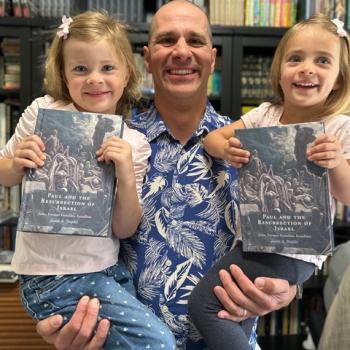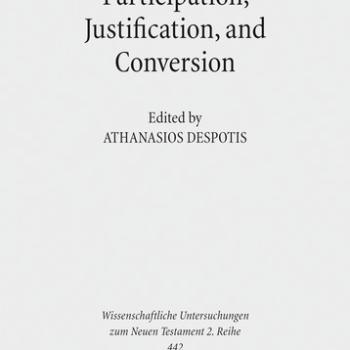
By now, you’re probably aware of the latest opportunity for progressive outrage against Mormonism and its hateful fascist leaders:
I have to admit that the event seems a mere stunt to me. First off, anybody even minimally conversant with fast and testimony meetings, and with sacrament services more generally, fully understands that they’re not appropriate venues for denouncing Church doctrine or endorsing Donald Trump or Hillary Clinton (or, for that matter, Mitt Romney), nor for soliciting donations for even worthy charitable causes, nor for restaurant endorsements. Nor, curiously, for discussing your recent Mediterranean cruise.
Moreover, how stable is a twelve-year-old girl’s sexual identity? And what impact might such a mother as this one have on so young a daughter?
Here’s a non-LDS response to the episode that I like:
“When a 12-year-old Mormon says she’s gay, CNN is all over it. But is this really a news story?”
The details about the lapsed Mormon mother and about the group of adults who appear to have shown up for the spectacle are, in my judgment, telling.
I suspect that most non-LDS would react negatively if, say, a clergyman stood up out of the blue during a worship service to denounce his church’s teachings, or a priest departed from the missal to ad lib on his disagreement with traditional Catholic views of the Trinity, or a cantor decided to sing from the Beatles’ Sergeant Pepper album rather than the customary synagogue service in order to demonstrate his disdain for old Jewish music.
If an Evangelical took to the platform at a gay rights rally or an AIDS memorial service in order to condemn homosexuality as a sin and to predict the damnation of those who engage in same-sex acts, would it be well received? If a leader of the meeting pulled the plug, would that be viewed as oppression?
One other thought: The presence of a predilection or even a genetic trait or congenital issue in a certain percentage of the population doesn’t, in and of itself, make such matters normal or “right.” A reasonably stable percentage of babies will be born each year with heart defects, or blindness, or malformed feet. A fairly stable percentage of the population is autistic, or afflicted with Down syndrome or juvenile diabetes. A broadly predictable number of people will die annually from leukemia and other such diseases. But we don’t celebrate “Congenital Heart Defect Pride Day.” Would we encourage a twelve-year-old dying from cystic fibrosis or someone dealing with cerebral palsy to refuse help and to say “No part of me is a mistake”?
Problems such as these should be treated with compassion. People suffering from them should be respected. But it would be silly to say, merely because percentage x of the population have trait y, that trait y is a great thing, to be praised. It might be, or it might not.
I went bald very early. I’ve had to wear glasses from about the time I was eleven. I have problems with my back and my right leg. I suspect that my hearing is beginning to go just slight bad. These are not, mercifully, huge or life-threatening problems. I’m not feigning martyrdom. But they’re problems, nonetheless. They’re simply not “assets.”
Many years ago, when I spent a post-doctoral summer at the Graduate Theological Union in Berkeley, one of the deans there welcomed a group of us with a speech on facilities for the “differently-abled.” It struck me as utterly fatuous. Not only because all of us were plainly in good health — we had just walked multiple blocks to be in her office — and we could all see and hear quite well. And not merely because the phrase tripped so easily off her tongue. But mainly because to be blind or deaf or unable to walk isn’t to be “differently abled.” It’s to be disabled. There are seldom any compensatory gifts of extrasensory perception or the ability to fly. The phrase was mere empty, politically correct silliness.
Posted from the Adriatic Sea
















